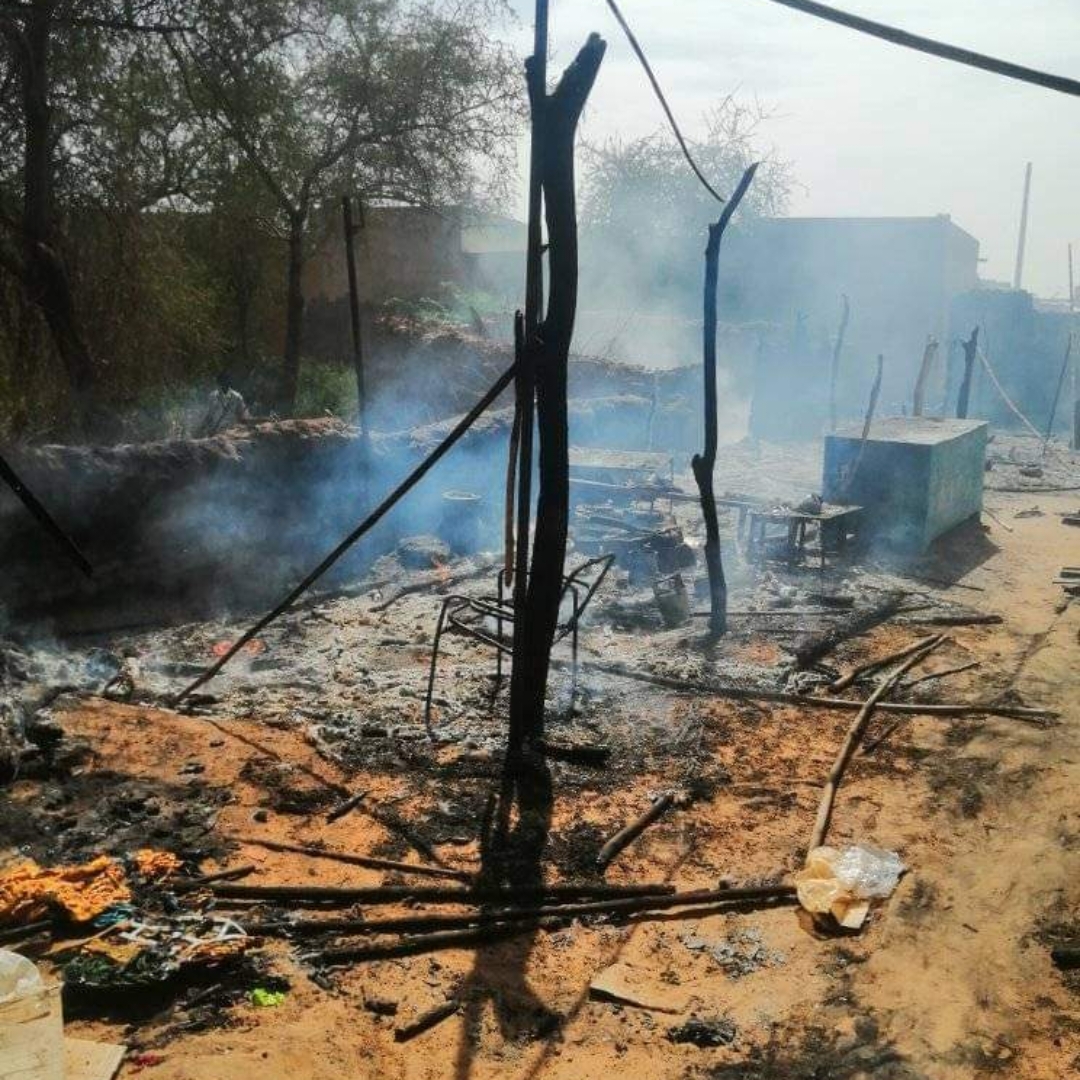Khartoum, November 15(Darfur24) A senior UN official said that the atrocities taking place in Sudan are “close to pure evil,” and words cannot describe them, noting that the Sudanese have suffered from a violent conflict and a humanitarian tragedy that is getting darker, day after day, for nearly seven months.
The United Nations Resident and Humanitarian Coordinator in Sudan, Ms. Clementine Nkweta Salami, highlighted the horrific and continuing reports of sexual and gender-based violence, enforced disappearances, arbitrary detention and gross violations of human and children’s rights.
She also noted alarming reports of escalating violence and attacks against civilians, including violence that appears to be occurring on a tribal basis in Darfur.
A crisis like no other
Speaking to reporters in New York on Friday, she warned: “If we do not act now, Sudan risks turning into a long-term crisis where there is little hope and even fewer dreams.” “We cannot let that happen.”
Clementine Nkweta Salami said that keeping the world’s attention on what is happening in Sudan is a huge challenge. She added:
“The world suffers from many crises that receive much greater attention than the Sudan crisis for several factors, but not because of the size of the crisis or the depth of the misery. Sudan’s crisis is like no other. We remain committed to ensuring that the suffering of the people of Sudan, especially women, children, the elderly and people with disabilities, is not forgotten or ignored.”
Salami reiterated “the global commitments we all share to end the suffering of Sudanese and promote peace and reconciliation.”
More than half the population – 25 million people – need assistance and protection. More than 6 million people have fled their homes, whether to other places inside Sudan or to neighboring countries.
Compliance with international obligations
The Humanitarian Coordinator in Sudan stressed the need for the Sudanese Armed Forces and the Rapid Support Forces to fulfill the promises they made in Jeddah, to protect civilians and civilian infrastructure and provide unimpeded humanitarian access.
It renewed its call to all parties to the conflict in Sudan to abide by their obligations under international human rights law and international humanitarian law.
“This is not optional. These attacks must stop and those responsible must be held accountable.”
On the other hand, the UN coordinator warned that the spread of fighting to Gezira State, which is considered Sudan’s food basket, could push more people into the clutches of hunger.
It alerted that the health sector had been destroyed and that more than 70 percent of health facilities in conflict areas were out of service. “This is extremely worrying, not least because of the ongoing outbreaks of diseases such as cholera, dengue, malaria and measles.”
Millions are receiving aid
The Resident and Humanitarian Coordinator said that the protection of civilians remains a major concern and continued:
“What keeps me up at night are the faces of the people I met in Sudan. People like you and me have a strong desire to live in peace, feed their families, get health care, and send their children to school. “These are the people humanitarian workers are trying to reach.”
It reported that more than 4.1 million people have received life-saving aid since the outbreak of the conflict, including in the city of Kadugli, the capital of South Kordofan, for the first time since April.
She spoke about the complexities that accompany the process of delivering humanitarian aid to those in need, stressing the importance of eliminating challenges related to access and bureaucracy imposed by parties to the conflict.
The UN coordinator also spoke about the lack of funding, noting that just over a third of the total $2.6 billion, which is the amount required for the humanitarian response for this year, has been received.
Despite praising donors’ generosity, the UN official said that the people of Sudan need sustainable support.

